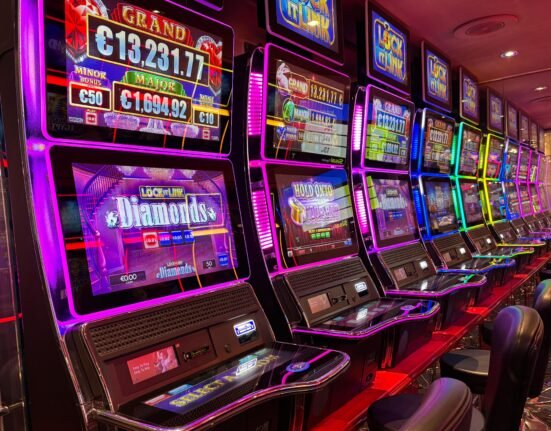Bill 2,234/2022 could reshape Brazil’s physical gambling landscape with strict capital requirements and operational parameters
Brazil is on the verge of a major regulatory milestone as the Senate prepares to review Bill 2,234/2022, a long-anticipated piece of legislation that would formally legalise and structure land-based casino operations, bingo halls, horseracing, slot machines, and riverboat gambling within the country. The bill’s presentation, scheduled for a Senate hearing tomorrow, marks a pivotal moment for Brazil’s gambling framework following the January 2025 launch of regulated iGaming and sports betting.
Strategic Rollout: Casino Limitations by Geography
Under the current provisions, one land-based casino per state and one in the Federal District would be permitted, with exceptions made for regions with higher populations. São Paulo is authorised to host up to three casinos, while Rio de Janeiro, Minas Gerais, Amazonas, and Pará may operate two each. This calculated geographic distribution aims to control market saturation while maximizing tourism and tax revenue potential.
Casinos will only be licensed within tourist destinations, leisure resorts, or hotels with at least 100 rooms, aligning with Brazil’s broader goal of boosting tourism and foreign investment.
Bingo and Horseracing Under Strict Supervision
The bill goes beyond traditional casinos, offering regulatory frameworks for online and physical bingo halls, with provisions for one hall per municipality and, in cities, one per 150,000 residents. Prospective operators must show proof of a minimum paid-up share capital of BRL 10 million ($1.83 million). Licences would be granted for 25 years, with an option for one renewal period of equal length.
In terms of horseracing, regulation is assigned to the Ministry of Agriculture, with animal game operators limited to one per 700,000 residents. This strategic limitation reinforces a focus on oversight, quality of operations, and sustainability.
Riverboat Casinos and Slots Add Dimension
A unique aspect of the bill is the inclusion of riverboat casinos—vessels with at least 50 rooms that will be licensed based on river length and density of operation. This offers innovative flexibility in deploying casinos in regions where traditional real estate development is less feasible.
Additionally, slot machines will be legalised under strict regulatory conditions, requiring mandatory government registration and regular auditing, placing compliance at the heart of operations.
Broader Regulatory Context and Public Scrutiny
This legislative push follows a wave of recent gambling regulation in Brazil. Earlier this year, the Senate passed a bill to restrict gambling advertising, notably banning the use of celebrities, athletes, and influencers to promote betting services—a signal of the government’s dual focus on economic development and social responsibility.
Still, public concerns over gambling addiction, money laundering, and ethical gaming practices remain high. While industry stakeholders, including international giants like MGM, Galaxy Entertainment, and Las Vegas Sands, are closely watching developments, the bill’s success will likely hinge on whether lawmakers can address these societal concerns head-on.
A Defining Moment for Brazil’s Gambling Future
If passed, Bill 2,234/2022 could unlock billions in investment and stimulate job creation in hospitality, tourism, and gaming sectors. However, the bill also raises critical questions about enforcement, taxation, and long-term social impact. The Senate’s deliberations this week could define the trajectory of Brazil’s land-based gambling industry for decades to come.























